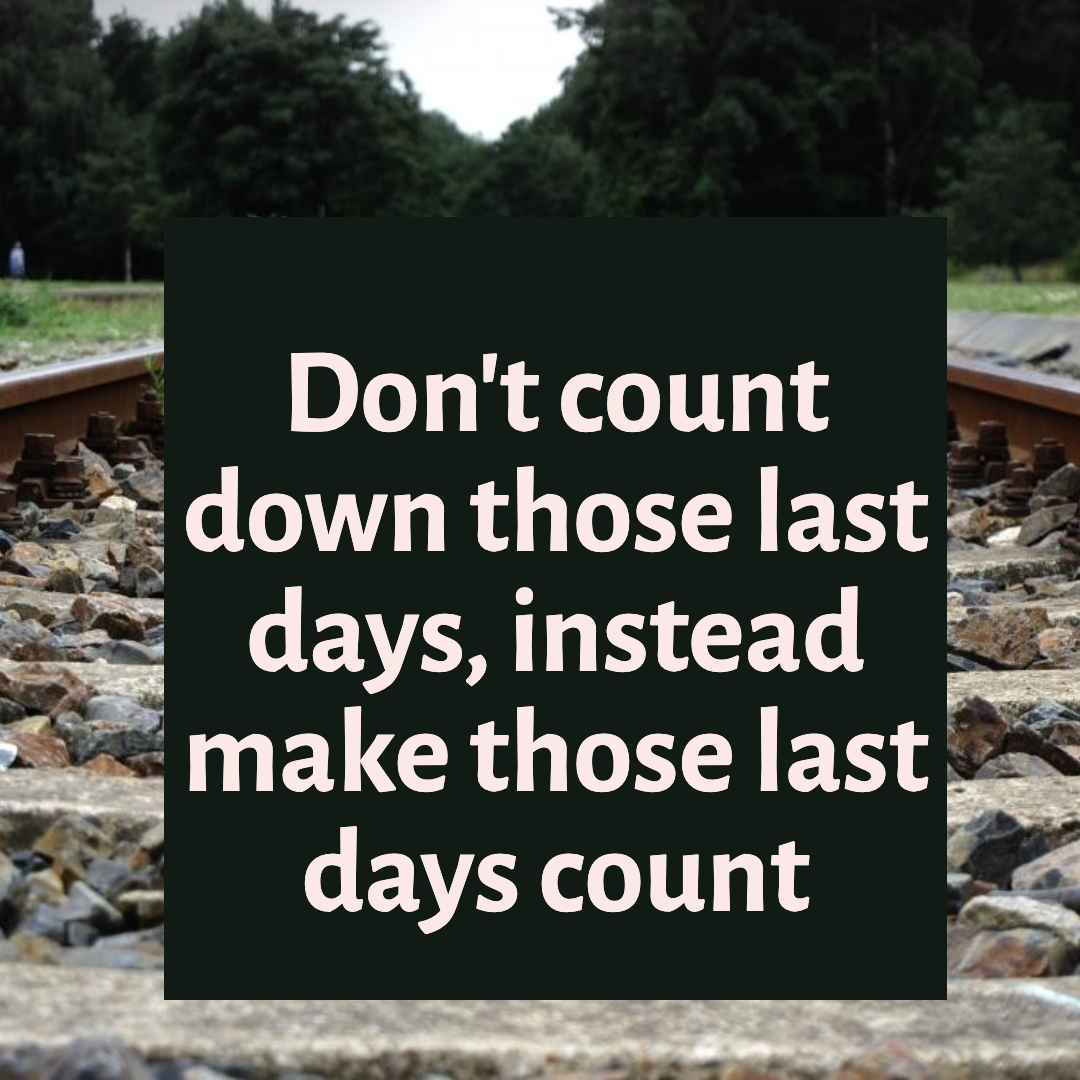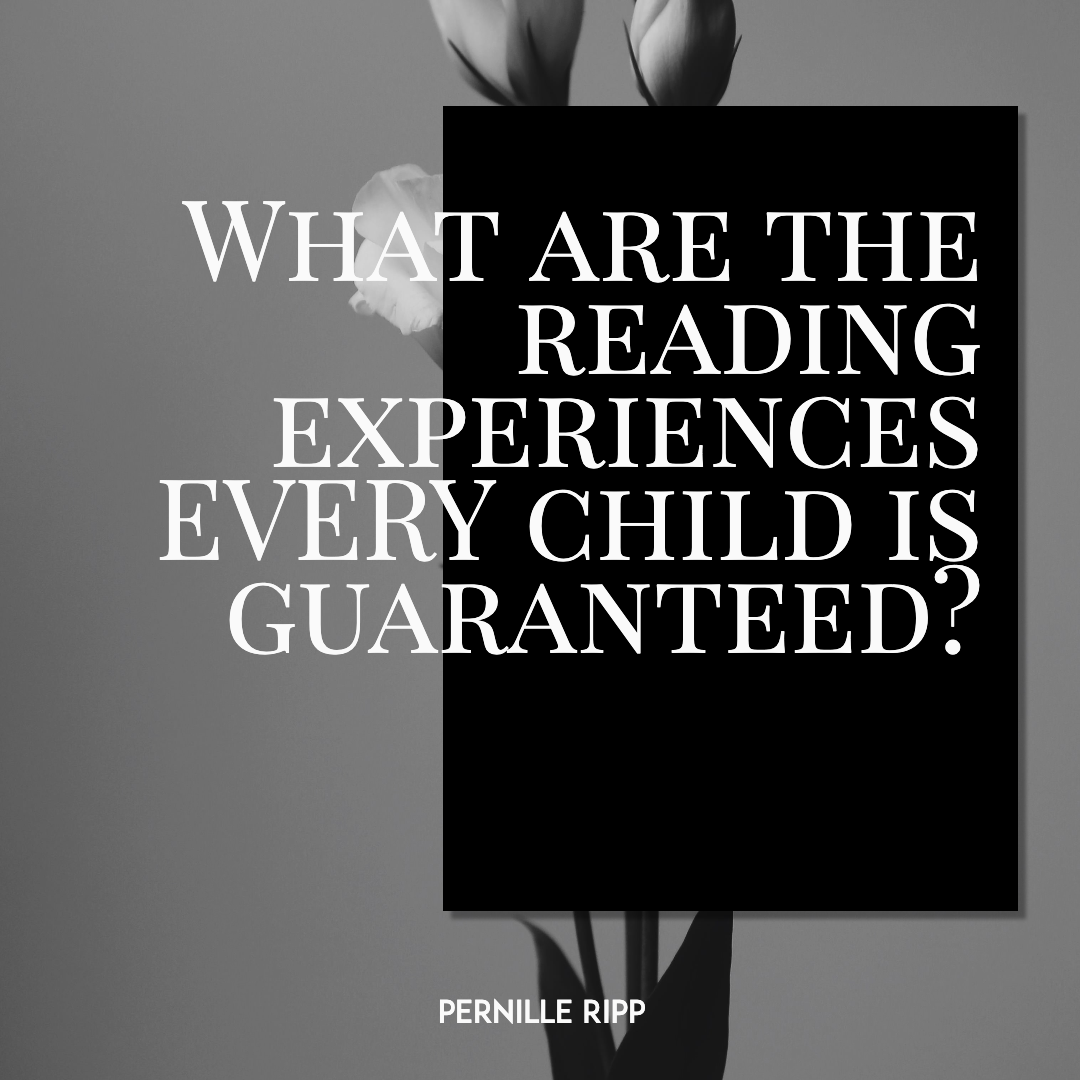It has been seemingly endless days of rain in Denmark. A drizzle. A storm. A dusting. Sideways, straight down, diagonal to hit every part of you, relentless, endless.
Every time you go outside, the rain pelts you, the wind blows up your umbrella – you arrive just a little bit soggy. Your hair a mess. Grateful for the shoes you at least did think to wear, knowing that the ones you pined for would have left your feet a soggy mess. Layers, wool, and waterproof – such is the fashion these days.
The sun hides behind endless clouds giving us a slim 7-hour window of being greeted by it – we leave in the dark, we come home in the dark. The forecast meticulously studied, my body naturally gearing itself toward any windows that offers just the smallest bit of light. Has my seasonal depression phase started?
It is what I had warned my husband about. He who had only ever experienced the glory of Danish summers, the long nearly unending summer nights stretched ahead. He, who thought, we should take the chance offered us to build our life in a new country.
I tried to warn him. Doing the best I could to give him the absolute reality of what it means to live in a country where hygge originated. There is a reason for the lighting of all those candles after all. Did he really understand what a Danish winter would feel like after months of rain and wind? Was he sure he wanted to give up the pristine winter days in Wisconsin where, sure, the cold can kill you but the beauty also leaves you breathless? It might last longer but it had skiing, sledding, and surprise snow days. Not everyday drudging through the rain, not the wind in your face as a constant companion.
As I complained yesterday of how soaked I was after my bike ride to the train station, lamenting how the rain is wearing me out, he told me I had it all wrong. Had I considered how little it had rained? How few days we have truly been soaked through? How warm we have been for so many days?
That perhaps I could focus on other things while still feeling the rain?
That I had made him believe that the rain would be nonstop starting in October, soaking us until March, and instead we have had glorious fall-colored days. Had I forgotten how the sunshine beckoned us outside, the color of the leaves changing so slowly that they seemingly hung on for months?
Had I forgotten the days with snow? Where our winter-loving children bounded out the door to build a snowman before school. Where their red noses and glistening eyes told us all about the snowball fight they had at school – “…with permission, mom!”
Or what about the days filled with ice? Our footsteps finding any small frozen-over puddle that we could just to hear the satisfying crack as the layer of ice broke by the force of our foot?
Or the days that already felt like spring, how the sun slowly is coming back but until then we light our candles, wear our wool-socks, and still continue to go outside, embracing this season that soaks the earth. Living in the moment, rain or not, breathing in the wonders of this season.
A difference in perception so grand that I don’t know how I missed all of the things he noticed?
It makes me think of teaching. Of how my relentless optimism finally ran out in the midst of the pandemic. How I started to see more rain than sun. How every new opportunity quickly felt like a challenge. How I mustered every day, slipping on my practiced smile, but cried so often in my kitchen.
How I so often heard only the complaints of the kids who hated what we were doing. How I so often focused on the few that clearly disliked me, our class, and our school. How in the season I was in, I only felt the rain because I couldn’t feel everything else, I didn’t have the energy to. I didn’t have anyone with power left telling me to look for the good because so many of us were drowning.
How I tried so hard to feel like I was enough to do all the things asked of me. And I just wasn’t. I am not sure anyone is right now.
And I tried to see all the good. I knew it was there. I knew I was lucky. But in a broken system that only demands more of you without taking anything away, we are made to feel as if we are the problem, rather than the system itself. And so often we are too afraid to say anything. After all, who wants their kid taught byt the teachers who complains?
But I wonder about the difference in perception from us to our students. Would they also say that these years have been the hardest years? Would they also say that the system is broken? What would they say if we asked them?
How often do we ask them?
I asked my students all the time what I could change, how I could grow, what else should we do? I am glad I did. After all, we cannot enact change if we don’t know what to change.
But I often forgot to ask them what we should keep? What they loved or liked? What worked for them? What did they see as positives?
And I wish I had. I wish we did it as a school. I wish parents did before they complain about what teachers are now doing.
I wish we offered educators up more true chances to take a moment and recognize the good. To be recognized for the good. For us to have a moment to breathe and relish that we are doing hard things every single day. That many kids do enjoy coming into our spaces. That many children do like being in our classes.
And not in a superficial way by giving us a donut, or a jean day, or some quickly written email. But by a full recognition of how despite the educational challenge being as hard as it is, we still show up. That despite all of the craziness surrounding education, we still come to teach every day, every kid.
And then we fight to keep the good. We fight to keep the components that make school meaningful; the plays, the assemblies, the read alouds, the contests, the time for creative writing, independent reading, experiments and experimental learning. The curriculum that asks us to think critcally and speak bravely. The texts that show us what humanity really looks like.
And we are protected by the administration. And by the community. And by the kids themselves.
Perhaps a dream, but a glorious one nevertheless.
And perhaps we recognize that yes, the rainy days will continue, the wind will continue to blow us back, but with others surrounding us, we will get to a new season. That within the rain and the wind, there will still be moments where we look up and marvel. Where we can stand in a moment and say that, yes, this is where we are meant to be. That for many kids we teach, this is not the worst season. And so we embrace those moments longer than we do the bad. We open our arms, tilt our faces to the sun and stand still knowing that this moment right here may not make it all worth it but it makes this day worth it.
And we take it day by day, sometimes hour by hour if we need to. And we fight, and we push back, and we raise our voices to reestablish the boundaries that have been wrestled from us.
And we plant our feet, squarely in the soaked earth, and we plant the seeds that the rain allows us to nourish, knowing that some day, the kids we teach will grow up to be teachers themselves, to be parents, and community members, administrators, school board members, and politicians, and that hopefully they saw us embrace what it meant to teach courageously. What it meant to set up boundaries. What it meant to fight for all kids to be safe within our spaces. And what it meant to weather the storm when we could but also walk away when we found ourselves alone.
I know the rain will continue even as we inch nearer to spring. I know the short reprieve we have right now as I write this is shortlived, after all I saw the forecast. But I will put on my trusty boots, I will continue with my day, and I will still go outside, better equipped, with a mind at peace with this moment in time. Knowing that while the rain soaks me it also soaks the seeds we have planted for a future we cannot see yet. How about you?






